Rajasthani Legends
Mehrangarh Fort: Jodhpur
Mother Masala Tours
Mehrangarh Fort Jodhpur.: A Fortress Among Clouds
Mehrangarh Fort Jodhpur. Stands as a powerful testament to the region's royal heritage. Constructed in 1459 by Rao Jaisal, the fort dominates the skyline from a hilltop, overlooking the city below. The name "Mehrangarh" translates to "Mighty Fort," a fitting description for this formidable structure that has witnessed centuries of history. The fort was established not only as a military stronghold but also as a royal residence, symbolizing the strength and invincibility of the Rajput rulers. The location was strategically chosen, situated 400 feet above the surrounding plains, offering panoramic views and a natural advantage against invaders.
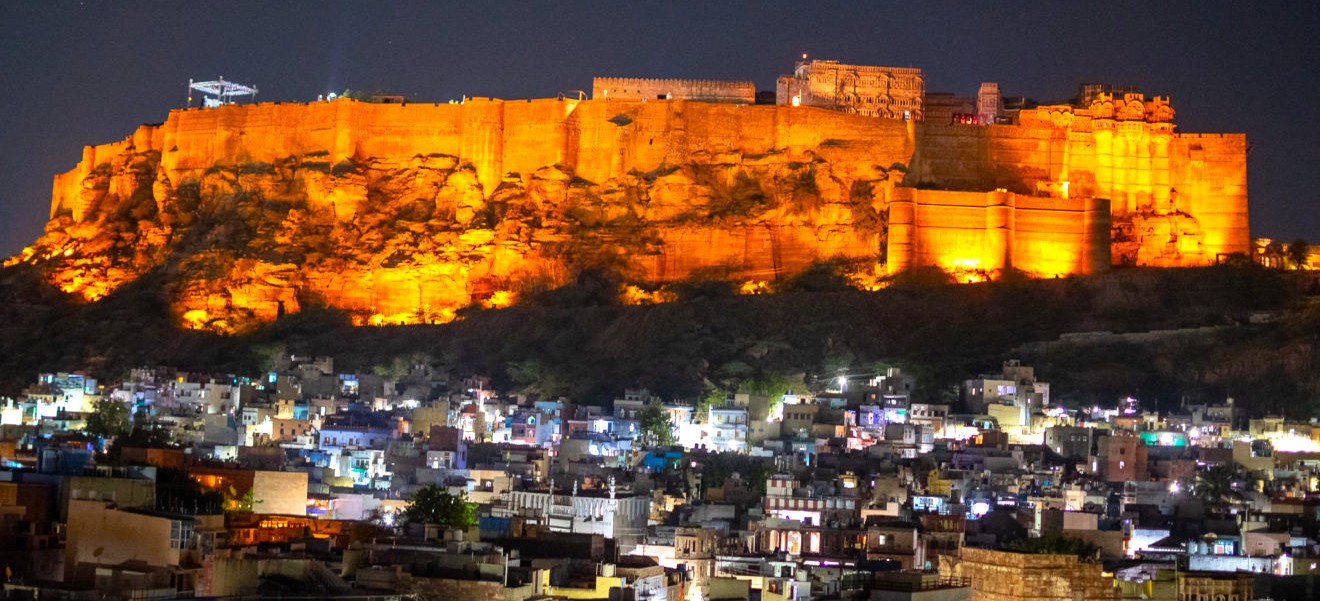
Mehrangarh Fort Jodhpur: Ancient Mosaics
Mehrangarh Fort Jodhpur. Over the years, the fort underwent several expansions and renovations, incorporating intricate designs and artistic elements reflective of the era. Features include its massive walls made of red sandstone, which provide both protection and beauty. Throughout its history, the Fort has seen numerous battles and intrigues, including conflicts with rival clans such as the Sisodias. The fort's foundation was laid after the sacrifice of a local chieftain, Ram Mathur, whose spirit is believed to oversee the fort's safety. Today, the fort is a popular cultural site, housing a museum that highlights the opulence of the Marwar Dynasty and provides a glimpse into the lives of its rulers.
Impeccable Craftsmanship
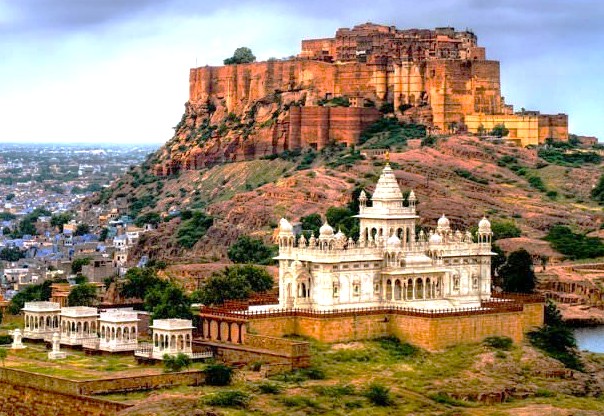
The craftsmanship is an embodiment of the artistry prevalent in Rajasthani culture. There are many intricate carvings and painted ceilings that demonstrate the skills of those who worked tirelessly to create these masterpieces. Craftsmen were commissioned to enhance the fort's aesthetic appeal, resulting in stunning overhanging enclosed balconies, elaborate gates, and lattice screens, that allow light and air to flow while ensuring privacy.
The Pulse of the Local Community
Residents of Jodhpur take immense pride in their city’s history and culture, often sharing stories that intertwine with the legacy of the fort. This bond fosters a sense of belonging and unity, as people embrace their identity as descendants of the valiant Rajputs. Interactions are enriched by the locals’ willingness to engage with us, whether it’s through cultural performances, traditional crafts, or culinary experiences.
Capturing the Magic: A Photographic Haven
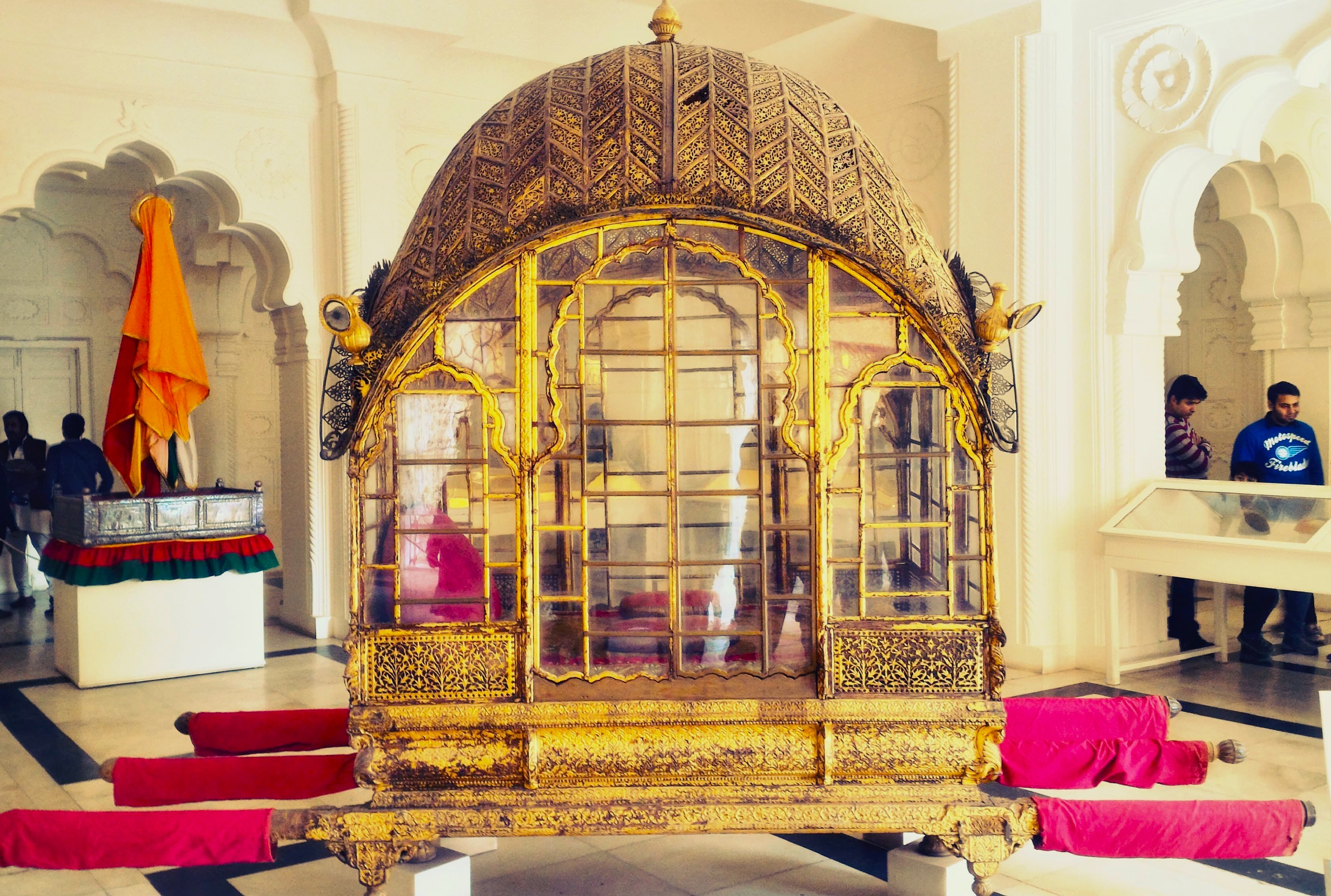
An incredible backdrop for photography. The combination of its imposing walls, detailed carvings, and sweeping views of the famous Blue City, offers endless opportunities for stunning captures. Every courtyard and room provides unique perspectives to frame the immense beauty of the fort and its historic surroundings. Whether you are using a professional camera or just your phone, exploring this majestic site is an unforgettable experience.
A Culinary Journey: Savor the Flavour
While in the area, we must indulge in local culinary delights that bring life to the flavors of Jodhpur. One notable dish is Dal Baati Churma, a traditional meal combining lentils, baked wheat balls, and sweetened crumbly wheat. This dish symbolizes the essence of Rajasthani cuisine, heavily influenced by the region’s agriculture. To prepare, seasoned wheat dough is shaped into balls and baked until golden. They are served alongside spiced lentils, creating a savory yet comforting meal. Additionally, Churma - a mix of crushed wheat with jaggery and ghee - adds a sweet finish, balancing the meal beautifully.
The Connection with the Gods
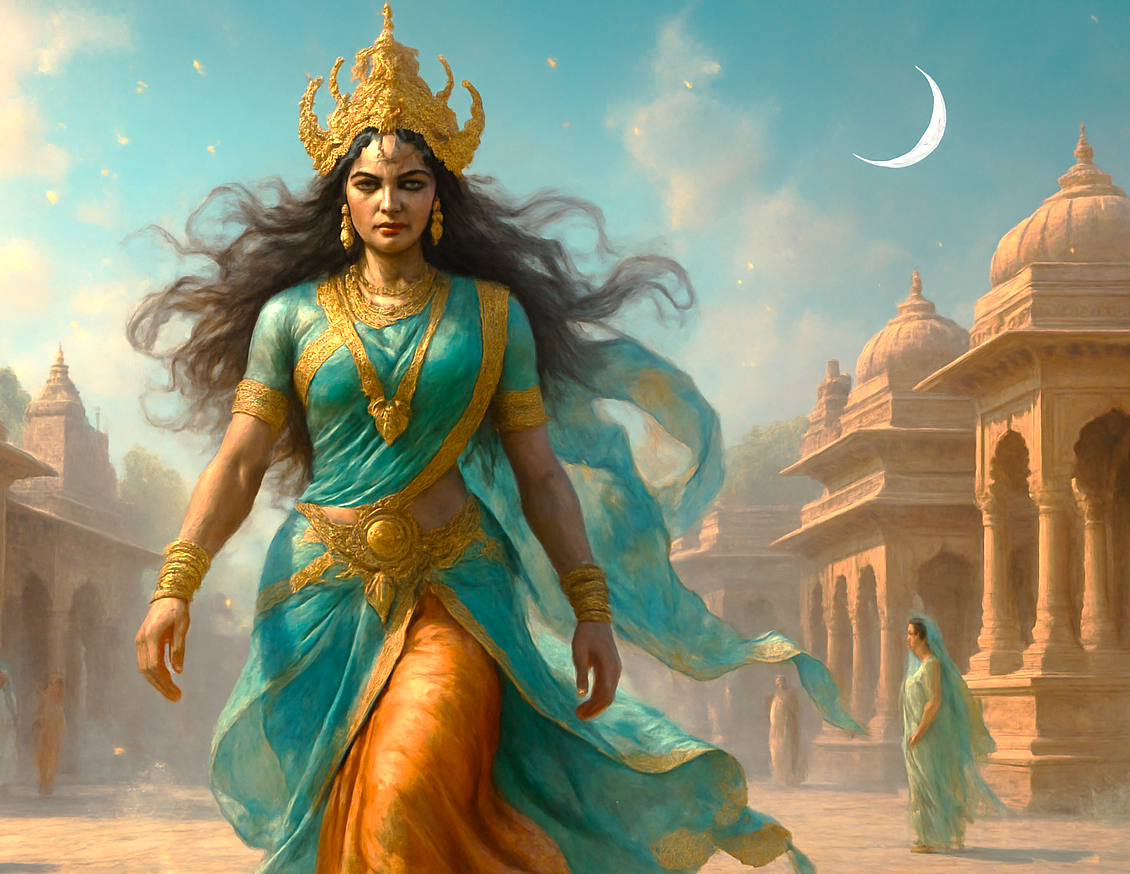
Mehrangarh Fort Jodhpur. The local populace holds strong beliefs in various deities, with a particular reverence for Chamunda Mata, the fierce form of the Goddess Durga. This goddess is said to be a protector, believed to safeguard the fort and its inhabitants. According to local legends, Rao Jaisal prayed to Chamunda Mata before constructing the fort, seeking her blessings for strength and prosperity. This dedication established a deep connection that persists today, as many still visit the temple within the fort to pay their respects.
Festivals of Devotion: Honouring the Sacred and the Divine
One prominent event is Gangaur, celebrated in March or April, which is dedicated to the Goddess Gauri. During this time, women come together to worship the Gauri, seeking blessings for marital harmony and prosperity. The celebrations include colorful processions through the city, traditional music, and dances that resonate with joy and devotion. The decorated idols are carried to the Chamunda Mataji Temple within the fort, where rituals culminate in a wonderful atmosphere that enhances the communal bond. Another festival is Navratri, celebrated in September or October, characterized by nine nights of worship and dance.
Serendipitous Meetings: Beyond the Main Path
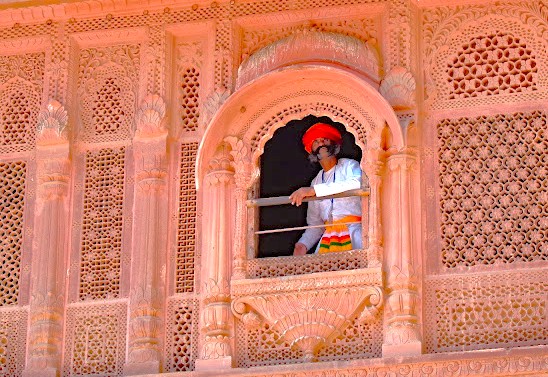
Exploring the area reveals an exciting tapestry of local craftsmanship and vibrant community life. As we stroll through the narrow streets, we may encounter artisans skillfully weaving textiles, potters crafting clay pots, or jewelers designing intricate silver adornments. These encounters provide an authentic glimpse into the daily life of those living in the shadow of the fort. You may find small workshops buzzing with activity, where traditional techniques are passed down through generations, maintaining cultural heritage.
Ancient Technologies: Sacred Sound Geometry & Astrological Influences
The design of the Fort incorporates ancient sacred geometry, a feature that enhances its structural integrity and aesthetic appeal. The fort’s layout reflects a balance that aligns with the principles of Vastu Shastra, an ancient Indian science of architecture. Building materials used, such as red sandstone, contribute to its durability and acoustic properties. The thick walls not only provide protection but also create unique sound dynamics that carry whispers and conversations throughout its halls. Incorporating Solfeggio frequencies into the study of the fort's structure reveals an intriguing connection. For example, 396 Hz can help liberate fear and anxiety, creating a calming energy conducive to deep reflection in the sacred spaces here. The geometric formations of the fort channels this frequency, promoting harmony and balance.
Resilience and Renewal: Overcoming Adversity’s Challenges
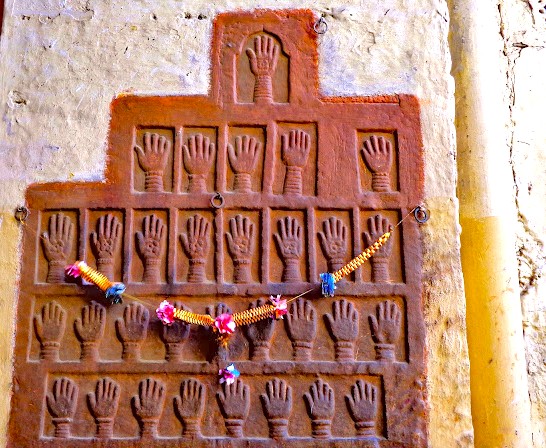
Mehrangarh Fort has not only withstood the test of time but has also faced numerous challenges throughout its history. A significant event occurred in 1818, when the fort was involved in the Battle of Jodhpur, fought between the British and the forces of Jodhpur. After intense fighting, the fort’s position proved advantageous, securing it for the residents. Another event was the devastating famine of 1899, which affected the entire region. The royal family initiated relief efforts, providing food and resources to the affected communities.
Urban Legends: Strange Sightings, Myths and Mysteries
Stories surrounding the Fort abound, intertwining history with myth and intrigue. One prevalent legend is that of the ghost of Maharani Sajjumal, a princess said to haunt the fort seeking revenge for her tragic fate. According to local lore, her spirit is believed to wander the castle, occasionally appearing to those who dare to explore the darkest corners. Another tale involves the fort’s construction, where it is said that the original builder, Rao Jaisal, sacrificed a hermit to ensure the fort’s strength. In exchange, the hermit’s spirit demanded that a shrine be built in his honor within the fort, leading to the establishment of a small temple that remains.
Time for a Change - Pack Your Curiosity and Come With Us
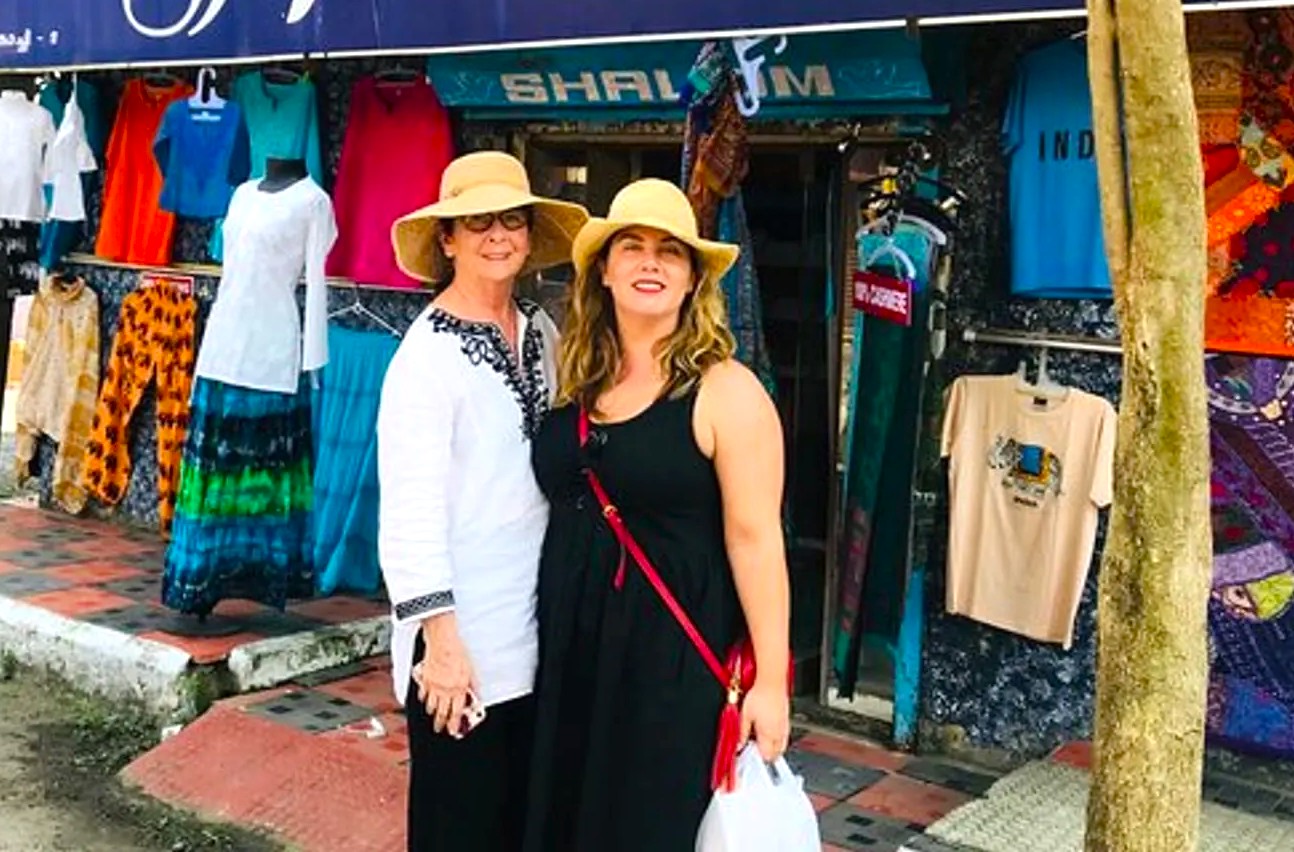
As we explore Mehrangarh Fort Jodhpur, we invite you to immerse yourself in the rich tapestry of history, culture, and community that defines this iconic landmark. From the stunning artworks adorning its walls to the engaging tales passed down through generations, there’s much to discover. Walk through the storied halls, savor local delicacies, and connect with the spirited community surrounding this fort. Join us as we unravel the experiences that make Mehrangarh an extraordinary destination.
Symphony of Generosity: Offerings from Wanderers to Residents
The interchange between locals and those who come to explore the fort fosters an enriching atmosphere of shared stories and experiences. Local artisans benefit from selling their crafts to curious travelers, while visitors gain insights into the unique traditions and lifestyles of those residing in Jodhpur. This symbiotic relationship enhances our experience, as we engage with the culture, food, and artistry of the region. Through these interactions, the community thrives, ensuring that age-old crafts and practices are preserved for future generations.